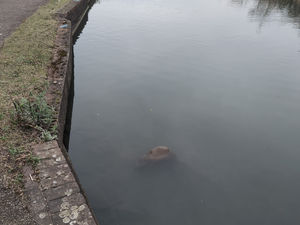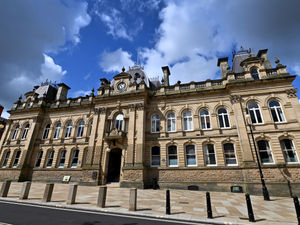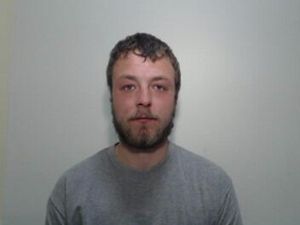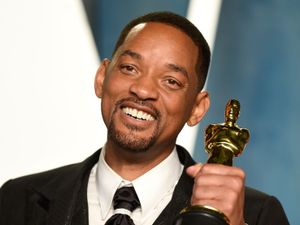Wolverhampton comes together for Amristar massacre memorial lecture
The centenary of a savage massacre which saw British troops open fire on unarmed Indian civilians has been commemorated by the community.
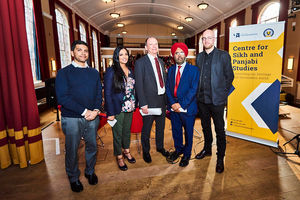
People from across the region got together at the University of Wolverhampton's Chancellor’s Hall for a special lecture on the Jallianwala Bagh massacre, which took place 100 years ago in Amristar, Panjab.
It comes as academic Dr Opinderjit Takhar called for schools and colleges across the UK to teach its students about the tragedy, which saw troops kill hundreds and and leave more than 1,000 wounded.
Dr Takhar, director of the UK's first Centre for Sikh and Panjabi Studies at the university, said: "This event was very important because we can't forget our history.
"We have to be able to teach children about events that happened in the world, it's about awareness.
"Children learn about events that took place 300 or 400 years ago, why not this? The Jallianwala Bagh massacre is not taught in any mainstream schools and it's about time it was.
"We need to push for it to be in the school curriculum. That way, people will become aware and children will ask questions.
"I think it is an embarrassment for the British under their Raj."
Former Telford and Wrekin Council leader Kuldip Sahota took to the stage, discussing a documentary he made about the massacre which aired on the Sikh Channel.
He was later joined by author Saurav Dutt and London-based lecturer Dr Kim Wagner, who both published books on the tragedy to mark the centenary, for a question and answer session.
Other speakers included Wolverhampton businessman Sham Sharma and university vice chancellor Geoff Layer.
Traditional songs commemorating the atrocity were performed by chief executive officer of Birmingham-based East End Food Jas Wouhra, who said: "We have to learn lessons from this horrible incident, from this painful history.
"Jallianwala Bagh was one example of wrong-doing at a time which changed the history of the world forever."
A total of 1,650 rounds of bullets were fired by 50 riflemen during the brutal slaughter lasting up to 10 minutes on April 13, 1919.
Brigadier-General Reginald Dyer ordered the mass shooting after fearing a crowd of up to 20,000 gathered at Jallianwala Bagh were defying British rule.
It became the defining moment in India’s battle for independence, with millions losing faith in the British Raj and turning towards the fight to self-rule.
Last month, more than 80 MPs backed Wolverhampton South East MP Pat McFadden's calls for a formal apology from the British Government.
But an apology was not forthcoming, with Prime Minister Theresa May only going as far as to say the massacre was a “shameful scar on British Indian history” in the days before the anniversary.

